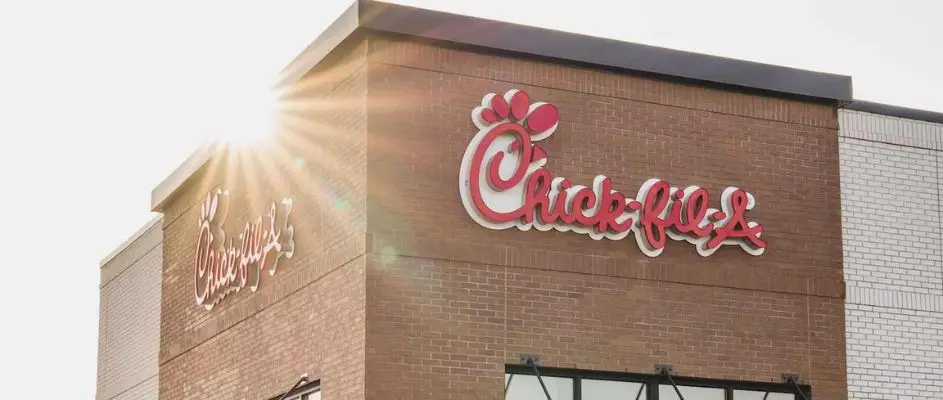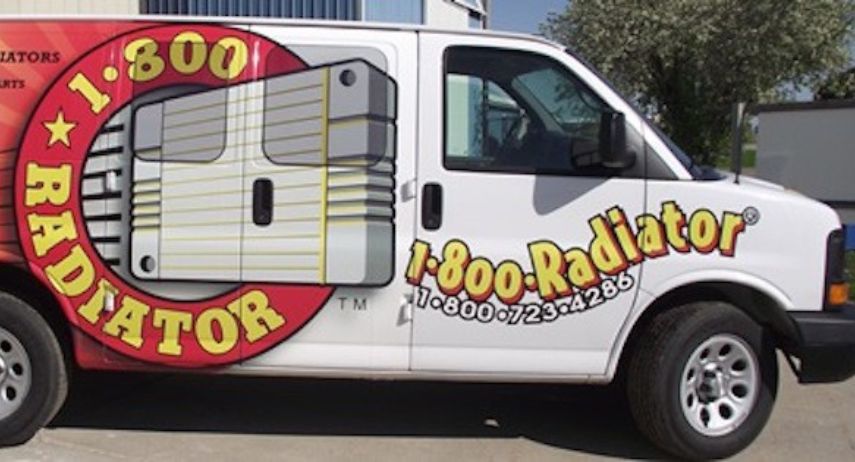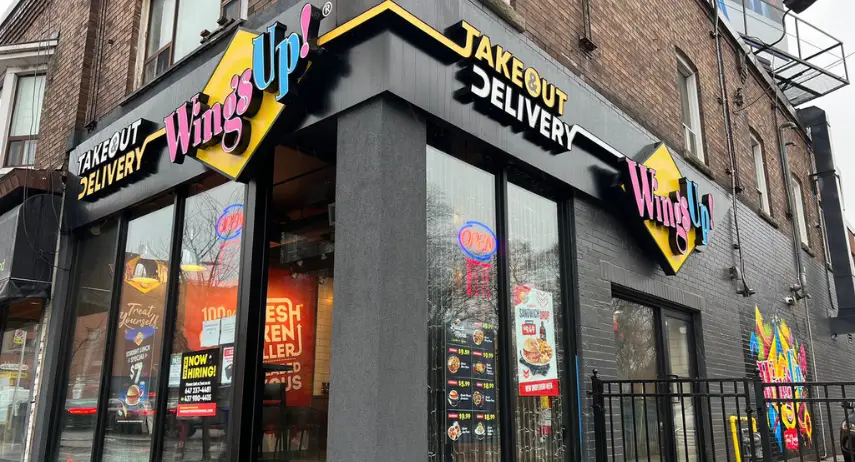How much is a Chick-fil-A franchise

Chick-fil-A is one of the most in-demand franchises in America. With over $18 billion in revenue and one of the highest per-unit sales averages in fast food, many entrepreneurs ask:
"How much does it cost to start a Chick-fil-A franchise?"
The answer isn’t as simple as the $10,000 franchise fee you may have heard about. Chick-fil-A uses a unique franchise model that sets it apart from other fast food giants like McDonald's or Subway.
This guide breaks down everything you need to know—from franchise costs and profits to ownership limitations and application steps.
Opening a Chick-fil-A franchise is often perceived as an affordable entry into the fast-food industry, but the reality is more nuanced. While the initial franchise fee is notably low, the overall financial commitment and operational responsibilities are substantial. This comprehensive guide delves into the costs, requirements, and considerations for prospective Chick-fil-A franchisees.
🐔 Chick-fil-A Franchise Overview
-
Initial Franchise Fee: $10,000
-
Total Estimated Investment: $342,990 to $2,338,786
-
Royalty Fee: 15% of gross sales
-
Profit Sharing: 50% of pre-tax profits
-
Ownership Model: Operator-managed; Chick-fil-A retains ownership of assets
-
Application Acceptance Rate: Less than 1%
💰 Financial Breakdown
Initial Costs
-
Franchise Fee: A non-refundable $10,000 fee is required to initiate the franchise agreement.
-
Opening Inventory: Costs range from $15,050 to $121,210, depending on store size and location.
-
First Month's Equipment Rental: Between $750 and $5,000.
-
First Month's Lease/Sublease: Costs vary from $2,605 to $95,180.
-
First Month's Insurance: Estimated between $240 and $10,700.
-
Additional Funds: Chick-fil-A covers real estate, construction, and equipment costs, but these are recouped through a 50% share of profits.
Ongoing Expenses
-
Royalty Fee: 15% of gross sales is paid to Chick-fil-A monthly.
-
Profit Sharing: 50% of pre-tax profits are shared with Chick-fil-A.
-
Advertising Fee: Up to 3.25% of gross sales may be allocated for advertising.
-
Rent: Varies based on location and store size.
-
Insurance: Monthly premiums depend on various factors, including location and coverage levels.
📈 Profit Potential
Chick-fil-A franchises are among the most profitable in the fast-food industry.
-
Average Annual Sales: Approximately $8.74 million per location.
-
Estimated Net Profit: Around $1.3 million before taxes and depreciation.
-
Operator Income: Operators can expect to earn between $200,000 and $240,000 annually.
🎯 Application Process
-
Online Application: Submit an application through Chick-fil-A's official website.
-
Interviews: Multiple interviews assess alignment with company values and operational capabilities.
-
Background Checks: Comprehensive checks are conducted.
-
Training Program: Selected candidates undergo a multi-week training program covering all aspects of restaurant operations.
✅ Pros and Cons
Advantages
-
Low Initial Investment: The $10,000 franchise fee is significantly lower than many competitors.
-
Corporate Support: Chick-fil-A provides extensive support, including covering real estate and equipment costs.
-
High Profit Potential: Franchises often generate substantial revenue and profits.
Disadvantages
-
Limited Ownership: Operators do not own the restaurant or its assets.
-
Profit Sharing: 50% of pre-tax profits are shared with Chick-fil-A.
-
Operational Demands: Operators are expected to be hands-on and cannot be passive investors.
-
Highly Competitive: With a less than 1% acceptance rate, securing a franchise is challenging.
Pros & Cons of Owning a Chick-fil-A
✅ Pros
-
✅ Low startup cost ($10,000)
-
✅ High revenue potential
-
✅ Corporate covers major costs
-
✅ Exceptional brand recognition
-
✅ Strong support system
❌ Cons
-
❌ No ownership of store or assets
-
❌ Must be full-time operator
-
❌ Extremely competitive application process
-
❌ Limited ability to scale (usually 1 store per operator)
🧠 Final Thoughts
While the upfront cost to start a Chick-fil-A franchise is relatively low, the overall financial and operational commitments are significant. Prospective franchisees should carefully consider the profit-sharing model, operational responsibilities, and the competitive selection process before pursuing this opportunity.





